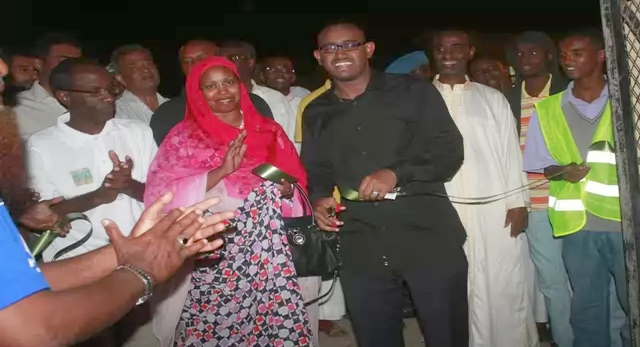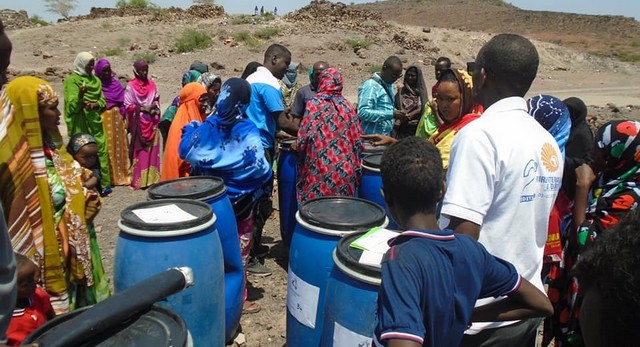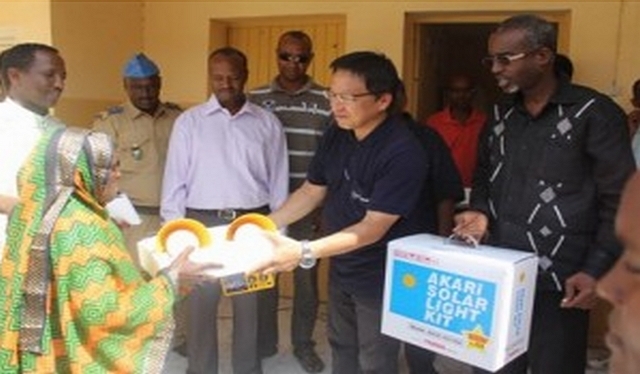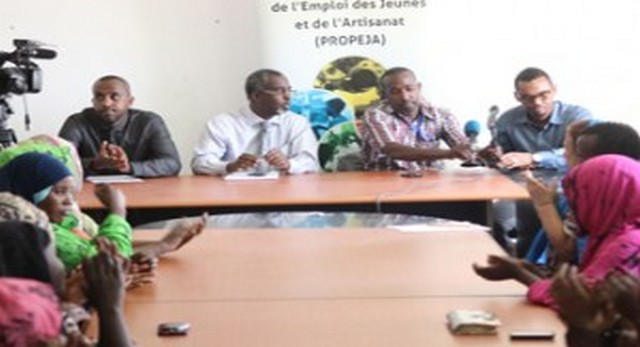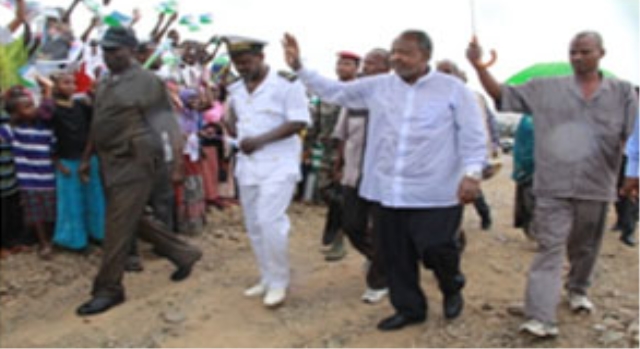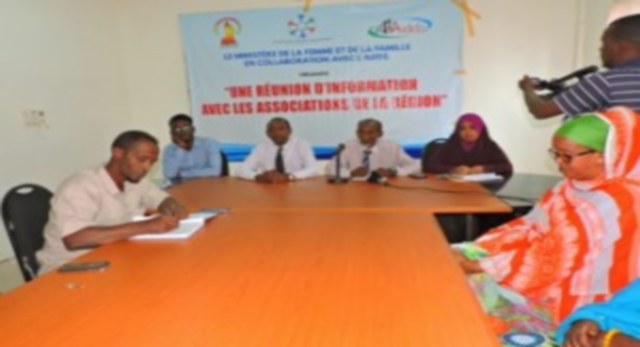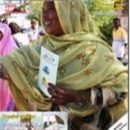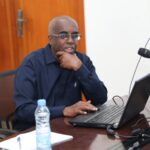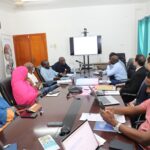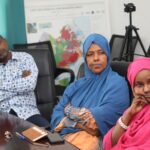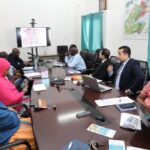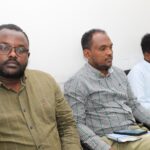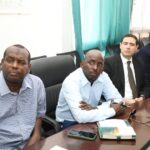Standardization is vital to the success of the national rural electrification program with solar energy that can be run in village after village without compromising its overall coherence as to the availability of funding required.
With an average daily sunshine of 5.5 kWh / m² and 3,240 hours of average annual sunshine, Djibouti is one of the sunniest countries in the world. Yet the solar abundance is largely untapped like other renewable and clean energy.
The government is working hard to change this and allow the Djiboutian population to enjoy the country’s natural wealth. And, it must be specified via the necessary investment under the public-private partnership.
The conclusion sums up the relevance of the current validation study on the pattern of implementing a rural electrification program through solar energy.
This study represents a long process and involves the respective experts from the Ministry of Energy, Minister for Natural Resources, the Djibouti Social Development Agency (ADDS), Centre for Study and Research of Djibouti (CERD) and Electricité de Djibouti (EDD).
The Secretary General of the Ministry of Energy, Abubaker Houssein Doualeh is one of them. According to him, the study will identify the best options possible electrification in selected and distributed in different geographical areas of the country villages.
It aims to develop a rural electrification program that optimizes the investment costs, management and maintenance through standardization of specifications for technical equipment required in the operation of mini-networks.
Also according to the official, this standardization is vital to the success of this program that can be run in village after village without compromising its overall consistency as the availability of funding required.
This shows the particular interest that the Minister of Energy, Minister for Natural Resources, Ali Yacoub Mahamoud and the highest political authorities agree to meet the specifications of standardization and pooling of operating costs through which all aspects of the program will be executed perfectly consistent nationally. Enough said almost.
Thus, the quest for energy independence, based on the energies renew, requires the government of Djibouti a better understanding of solar development taking into account the development of other energy projects, particularly geothermal energy, which is the first priority the country.
In this context, the projections of the Ministry of Energy banking on expanding the coverage of the local energy demand, the cost savings of solar, and the democratization of access to electricity in urban and rural areas.
However, such projections raise the crucial nature of operating adequate energy scheme and for each village to the north and south.
Therefore, this ministry has endorsed the choice to implement a thoughtful energy planning that defines a coherent strategy for the area of rural electrification. And this because of the large projects in the short term in which the government is committed.
These include the second interconnection line, the first geothermal wells, wind farms, lines of railway.
Logical deduction: it is therefore appropriate to select, depending on future power lines, villages remain locked for easy access to solar.
The idea is consistent with the dream of Djibouti who wants to become the first African nation to use 100% green energy through the development of its geothermal potential estimated at 1,000 MW by 2020.
Meanwhile, the country currently imports 65% of hydroelectric power via the electrical interconnection line with neighboring Ethiopia.

